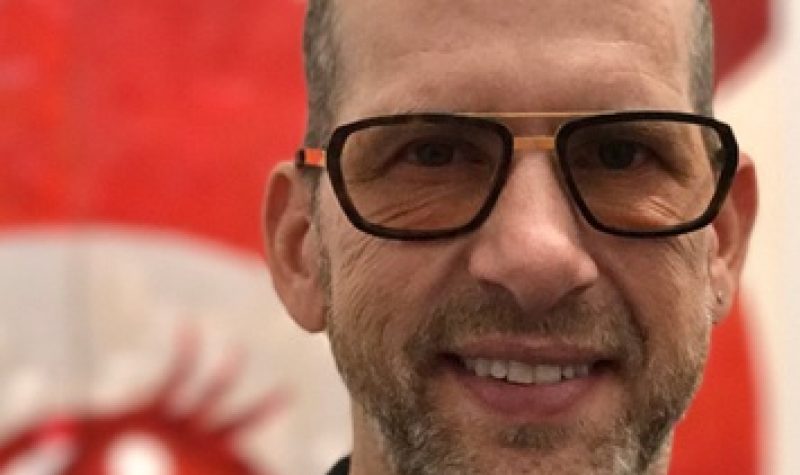By David P. Ball
---
A small number of Vancouverites on the frontlines started receiving COVID-19 vaccines this week, and among the first were frontline staff at long-term care residences for the most vulnerable, including at the Dr. Peter Centre for those living with HIV/AIDS.
Scott Elliott, executive director of the Dr. Peter AIDS Foundation and the Dr. Peter Centre, said he and his staff got vaccinated last Thursday.
"One the biggest fears is would we bring something in, would we be the vectors to bring this disease in," Elliott said. "We talk about harm reduction more around drug harm reduction, or supervised injection sites, but any type of measures like this is a harm reduction activity.
"There's still going to be COVID possibly, but we're trying to reduce the number of channels it can get into the community."
And despite warnings from Canada's top doctor that about one-in-ten vaccine recipients experience a very sore arm where they were injected — and are continuing to monitor a handful of international cases of allergic reactions, though none in Canada — Elliott said he barely felt the needle at all.
"The pin prick of the needle was over before it started, I'm not kidding," he said.
Some of the priority groups to receive the slowly arriving first approved vaccine, made by Pfizer and BioNtech include "staff and residents particularly in homes for seniors," explained Dr. Teresa Tam, Canada's chief medical health officer, in a press conference.
"There's every effort being provided to cover that priority group... Provinces are prioritizing those in direct patient care, and particularly the ones that are going to be in contact with high-risk groups," Tam said.
And Tam added that among the four key priorities for receiving the voluntary vaccination, "Indigenous peoples are...a priority group, which is incredibly important," because of increased risks and vulnerabilities to COVID-19's spread.
She said the "epidemic curve in many parts of the country is not bending" as hoped for, and with several weeks before any noticeable impacts of COVID-19 control measures, she fears what will come after the winter holidays and New Year.
After receiving the vaccine at the Dr. Peter Centre, which offers residences and daily drop-in services for people living with HIV/AIDS — including their first ever Christmas Eve lunch for members of their community — Elliott the biggest side effect is in fact in staff's head.
"For me, what's even more interesting is we have a little bit less anxiety," he explained. "Even though nothing's changed, we still have to wear masks, wash our hands and do social distancing."
"But we're on the path — there's a little bit more light at the end of the tunnel now," he said.


